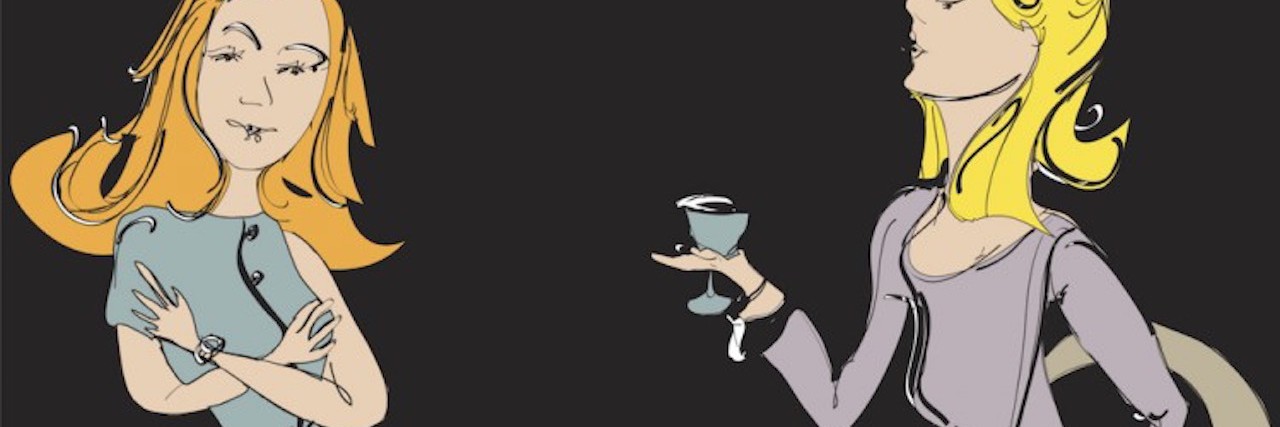Therapy involves a relationship with another person where you should feel safe, heard, unconditionally accepted, non-judged and supported. So how is coming to therapy different than just talking to your BFF? There are several important differences between the support of a friend and the therapeutic relationship. Here are three ways my own therapeutic approach is different from friendship:
1. In therapy, the focus is on you. In a friendship, both you and your friend listen to one another’s struggles and support each other. In the therapeutic relationship, the focus is solely on you, and even during times when the therapist does share something (this is referred to as “self-disclosure”), it is with you in mind. For example, I share with clients that I have also suffered with an anxiety disorder with the intention of normalizing the experience of anxiety and help my clients feel understood, while at the same time acknowledging that every person’s experience is unique to them. A therapist, unlike a friend, will never talk about his or her own problems since the focus of the therapeutic relationship is on you.
2. A therapist will be objective. Because they do not have a personal relationship with you the way a friend does, they will not be influenced by personal feelings. They will be unbiased when looking at the situation and hearing your story.
3. A therapist has been specifically trained (usually at the minimum of a Master’s degree) in therapeutic conversation, assessment and interventions. Although it often may feel like a casual conversation, the therapist may ask questions during your session to help you uncover meaning and reflect on life experiences and how those have shaped your current situation. They may help you make connections to discover hidden emotions. They may help you look at your thoughts and how your self-talk contributes to your feelings
A good friend will be caring and supportive during difficult moments. A good therapist will be empowering, compassionate and insightful. Having both of these people in your life is a win-win.
Andrea Addington, MSW, RSW has a private practice in Moncton, New Bruswick, Canada, where she specializes in anxiety counselling. You can visit her website here or like her on Facebook.
The Mighty is asking the following: What is a part of your or a loved one’s disease, disability or mental illness that no one is aware of? Why is it time to start talking about it? If you’d like to participate, please send a blog post to community@themighty.com. Please include a photo for the piece, a photo of yourself and 1-2 sentence bio. Check out our Submit a Story page for more about our submission guidelines.

